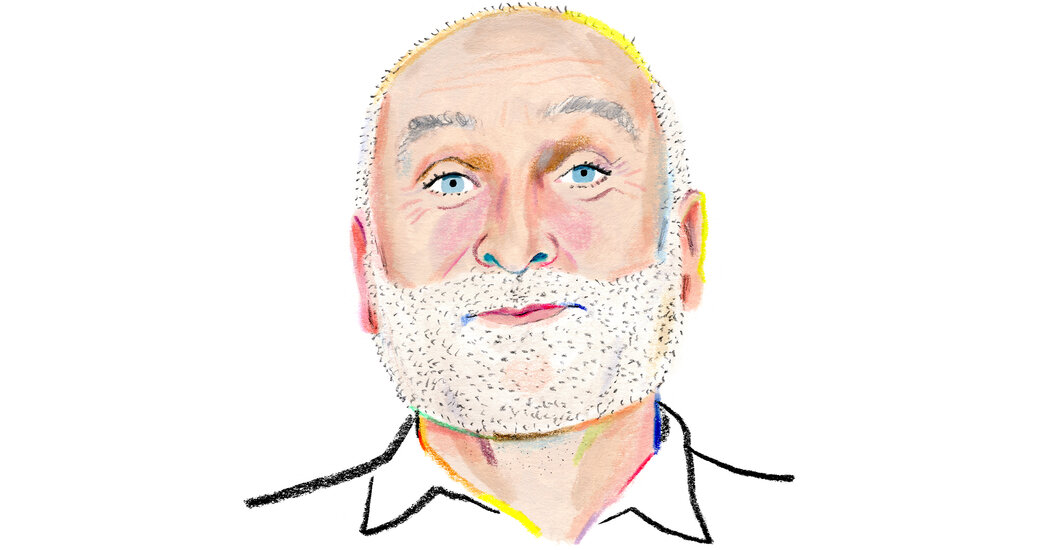When I landed in Gaza to assess the needs after the bombings. When I went into Ukraine with my team, into hospitals, onto destroyed roads. Every crisis pushes you out of comfort and into humanity.
What are the best books you’ve ever read on cooking?
“On Food and Cooking,” by Harold McGee, where science meets magic. On the modern side, “Sous-Vide Cuisine,” by Joan Roca and Salvador Brugués, is a foundational text. “Arroces Contemporáneos,” by Quique Dacosta, is a revolutionary approach to rice dishes, showcasing why Spanish chefs have been the most technical in the world over the last 30 years. Anything by Ferran Adrià — his work at El Bulli redefined modern gastronomy. On the traditional side, “La Cocina Completa,” by the Marquesa de Parabere, provides an extensive look into Spain’s culinary heritage.
What book has had the greatest impact on you?
“The Grapes of Wrath,” by John Steinbeck, made me understand hunger, dignity, migration and the injustice of the systems that create suffering. It lit a fire in me that still burns.
What’s the most interesting thing you learned from a book recently?
That in some parts of the world, seeds are passed down like family heirlooms. A grandmother’s pepper seed becomes a granddaughter’s hope. Food is memory. Food is resistance. One book that reminded me of this is “Traditional Ukrainian Cookery,” by Savella Stechishin. A treasure chest of recipes, yes, it’s also about survival, migration, and cultural identity preserved through generations. It’s more than a cookbook; it’s a monument. And it shows how food and dishes are a powerful tool of never forgetting.
If you could require the president to read one book, what would it be?
“The Undocumented Americans,” by Karla Cornejo Villavicencio, to know who truly keeps America fed, clothed and standing. Or “The Omnivore’s Dilemma,” by Michael Pollan, to understand how food policy is national policy.
You’re organizing a literary dinner party. Which three writers, dead or alive, do you invite?
Gabriel García Márquez to talk about memory and magic. Ernest Hemingway to argue over wine, talk about war and writing, and maybe throw some jamón on the fire. And Jules Verne, because “20,000 Leagues Under the Sea” feels like something we could cook up now.
